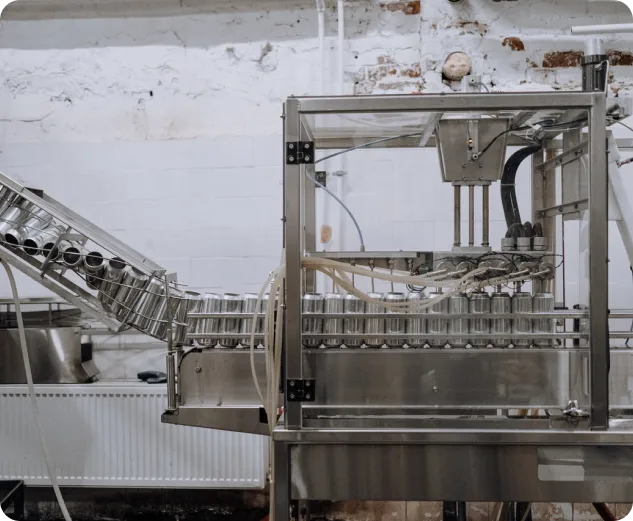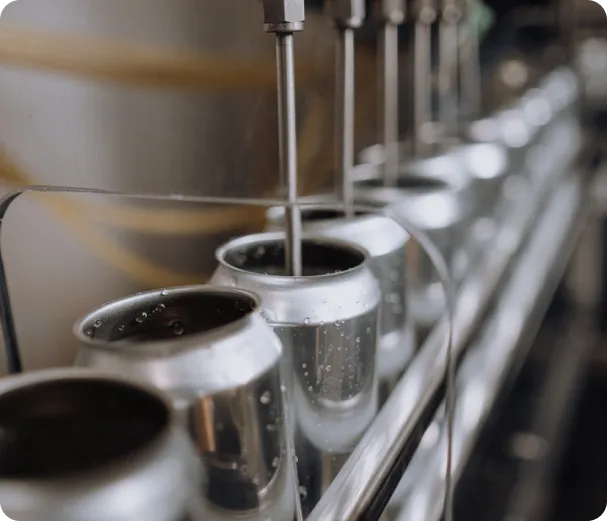
Despite its current size, the e-commerce industry is still evolving - and it's only growing bigger roughly valued at $4.2 Trillion. With high competition, there’s so much more potential for businesses that can be unlocked with better automation systems and ultimately leading to a huge paradigm shift in the industry. Scalable and cost-effective automation systems can be designed for the Omni-Channel user experience that manages a large number of SKUs, various order profiles, seasonal demands, sortation, shorter order fulfillment cycles, inventory management, and returns handling.
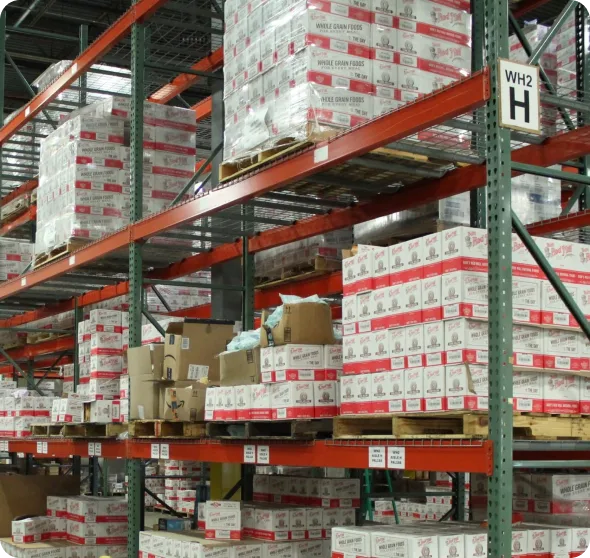

The pharmaceutical industry is truly close to human life, thus making it a complex and delicate space to handle globally. Busy with serving the substantiated health conditions of tons of cases with varied conditions, the industry needs to constantly inculcate rigid regulations and compliance norms. One misstep can bring in a chain of destructing events. Also, manufacturers are constantly working on controlling and maintaining transparency across their facilities. These days pharmaceutical manufacturing has developed and reached summits. Today, to handle the huge state-of-the-art manufacturing and storage warehouses, we need top-notch automation solutions for the pharma industry. The varied automated solutions take care of multiple stages and make them effective as well as keen. The major areas that require automation are product handling, manufacturing, real-time monitoring, quality maintenance, etc.

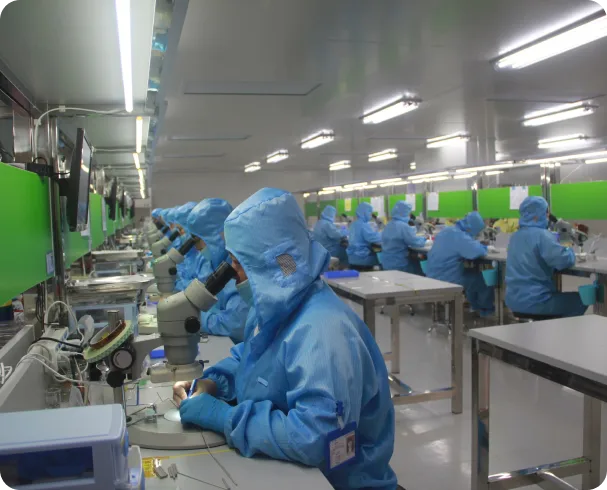
FMCG is a demanding industry with a wide variety of types and sizes of goods. Growing populations, changing cultures, rising per capita, disposable incomes, as well as a growing rural request, are the crucial drivers of this industry. The factors that make FMCG indeed more demanding are its varied storage formats and speedy operations. Numerous options and flexibility to choose from, are making consumers unpredictable each day. The fast availability of your product can earn you consumers' loyalty. To achieve it, the need of the hour is to first control the high volumes, manage the changing demands from your consumers, the time taken to reach millions of stores, and keep stocks optimal. Non-Food FMCG frequently carries shorter shelf lives and owes low-profit margins; but because of the bulk sales, they happen to be genuinely profitable. Companies in this sector conduct businesses at high volumes which results in vast distribution networks, low- contribution approaches, and high stock turnovers. The necessity for automation arises majorly in material handling and warehousing systems.
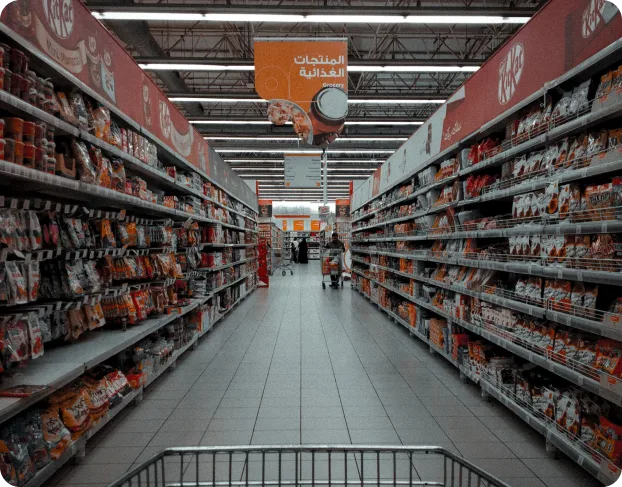
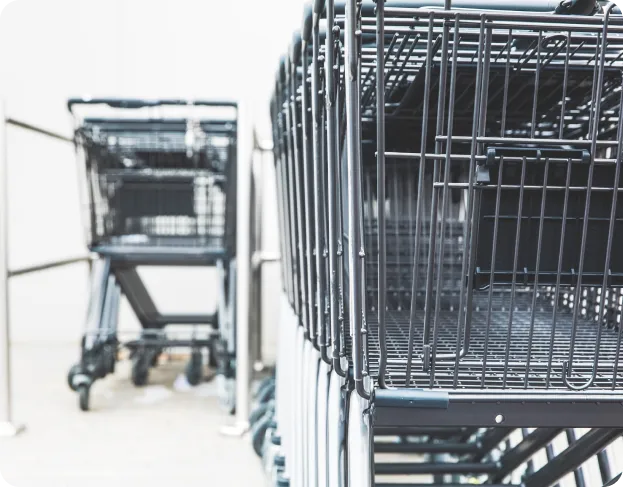
Meeting the requirements of service and installation becomes critical for the automotive aftermarket industry. The availability and distribution of vehicle parts to serve your clients tend to be the tailback. With every passing day, the demands are rising with faster turnaround time, amplifying pressure, and complications. To stay ahead of the competition is to lead the demand; to do so, the approach to operating your facility needs to be progressive. The automation of individual processes proves to be straightforward these days. The challenge is to integrate multiple systems. To guarantee this, flawless data integrity needs to be maintained throughout the process. Delivering products beyond the four walls of the company to your clients who may be located within the country or globally, using automation to necessarily control the systems from failing. Industry4.0 integrates and connects individual systems and provides an end-to-end process that's substantiated to the client's singular demands.
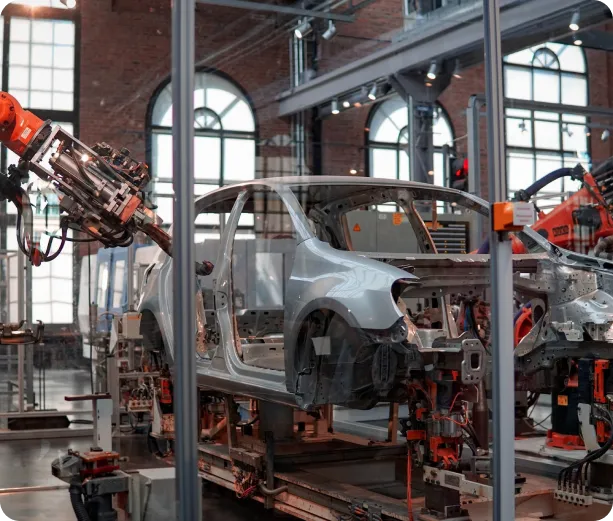
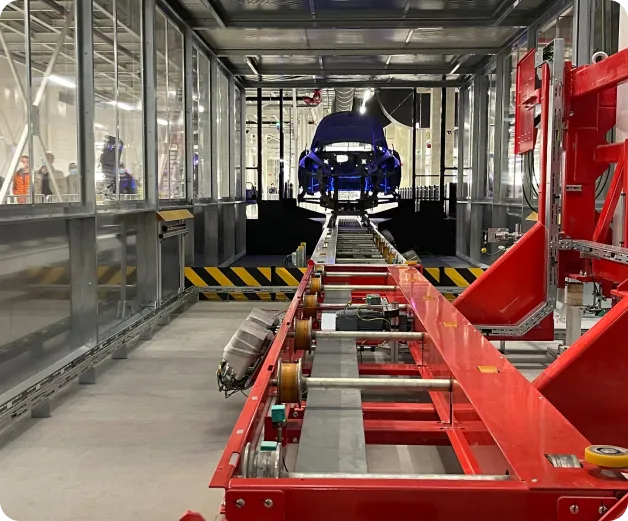
The white goods industry is characterized by growth and intense competition all around the world. These companies are getting creative on how they’re going to provide additional value and be able to create relationships with their customers. The world will witness the fastest growth annually and uplifting the standard of living of people. The increased demand for white goods like microwave ovens, refrigerators, freezers, and other conventional ranges will continue due to rising living standards, meaning the work pressure in production facilities will never slow down. The major areas where automation will be a must are warehouse systems, manufacturing, material handling, order fulfillment, optimal stock levels, material handling, etc.


Many food manufacturing companies today have to face a lot of challenges. There is a constantly changing market and new technologies are being introduced, which can be difficult for some businesses to keep up in the long run. Furthermore, consumers' expectations regarding food purity are continually growing and this forces companies to stay on top of things like no contamination or distributors having the proper processes implemented. This means that automation is practically necessary when it comes down to food manufacturing because only through machines will your business be able to deliver desired results like precise storage capabilities as well as high-speed retrieval operations while also ensuring zero contamination occurring at all times.
